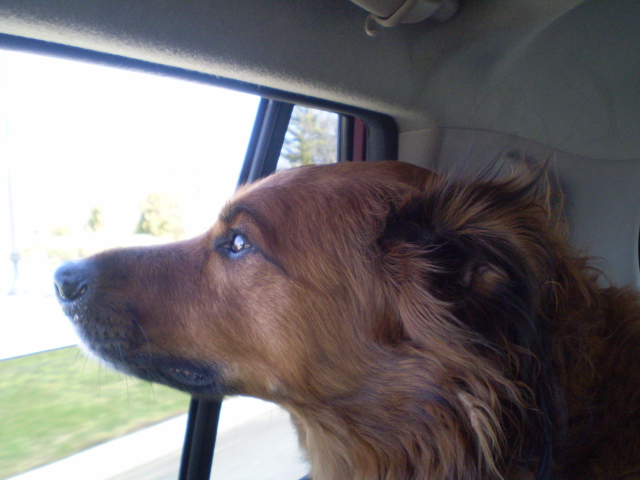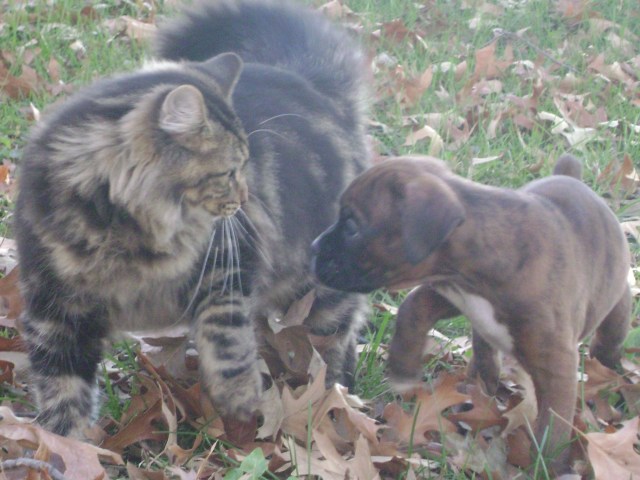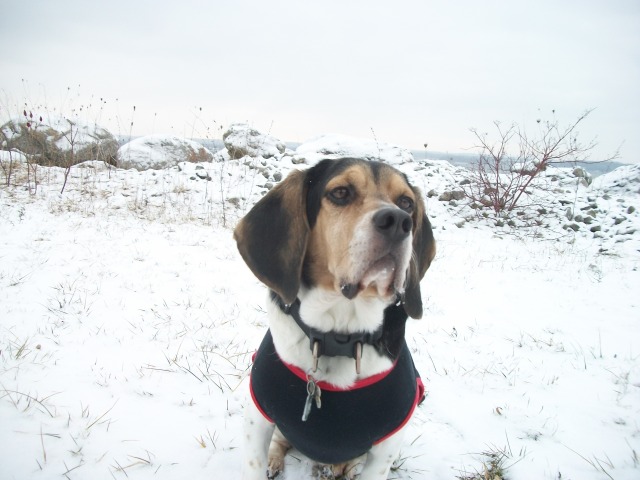QuestionI have a 14 yr. old toy poodle who is in good health, but he has rotten teeth. The vet wants to pull out most of them and clean the rest. We had blood work done last winter, and the only thing that came up was a slight elevation in his kidney test. I worry about having him put under for any length of time, and I am concerned about how he would be after. I know he only has a few years left, and I don't know if I should put him through all of that. They tell me he will feel better, but really, he doesn't seem to feel bad. I just don't know what to do and any advice would be greatly appreciated. Thanks for your time.
AnswerHi Jesseca,
Those rotten teeth are potentially life-shortening. Rotting teeth can cause gum and mouth infections, and these infections can migrate to the vital organs and cause serious damage. So, not taking action to prolong your dog's life is not really helping him.
I'd say, first have new blood work done. You really want the most current info available on your dog, and the tests run last winter are a "baseline", so there's something to compare the new blood test results against. This will give you the most accurate picture of how well your dog would tolerate anesthesia.
Your dog would probably feel a whole lot better having his rotting teeth removed (whether or not he's showing signs of pain!). Rotten teeth are very painful, it's just that dogs are so stoic about showing pain. If you've ever had a toothache, imagine how much worse it would be, if like your dog you had a whole mouthful of rotting teeth!
There's always a risk when to undergo a procedure that involves anesthesia, that much is certain in humans and pets alike. Ask your vet if the office is fully equipped with anesthetic monitors: a pulse oximeter, blood pressure monitor, and ECG. A "pulse oximeter" is especially important because it alerts the vet if the dog's blood oxygen level falls below the safe limit.
It is very, very rare that pets die under anesthesia these days. There are very safe drugs on the market, and well trained veterinarians and technicians who's job it is to watch all the vital signs during surgery. One type of anesthesia that is recommended for older dogs is "isoflurane," an inhalation-type anesthesia that is quickly eliminated from the dog's body once inhalation stops. However, Tufts University School of Veterinary Medicine reports in their March 1998 Newsletter that a new injectable anesthetic, "propofol" (brand name "Rapinovet," marketed by Mallinckrodt Veterinary, Inc.) has been shown to be less risky because it is eliminated even more quickly from the dog's body. Apparently, "dogs show less residual grogginess and irritability when recovering from propofol" This new anesthetic may be the best for an older dog.
Older dogs recover at approximately the same rate as younger animals except that they are a little more likely to be sensible and take it easy for a few days post-operatively.
I hope I've been a help.
Best of luck,
Patti

 aggressive kids and dogs
QuestionI have a hyper aggressive 6 yr old who always p
aggressive kids and dogs
QuestionI have a hyper aggressive 6 yr old who always p
 Temperature before birth
QuestionQUESTION: My female cheweenie is on day 52 of h
Temperature before birth
QuestionQUESTION: My female cheweenie is on day 52 of h
 pomeranian
Question
the pomerainan
hey, i have a pom who is 3years
pomeranian
Question
the pomerainan
hey, i have a pom who is 3years
 Puppy wont come
Question
Capone & Rascal
Help! My seven week
Puppy wont come
Question
Capone & Rascal
Help! My seven week
 2nd Dog
Question
Winston
Hi, I have a beagle/bassest hou
2nd Dog
Question
Winston
Hi, I have a beagle/bassest hou